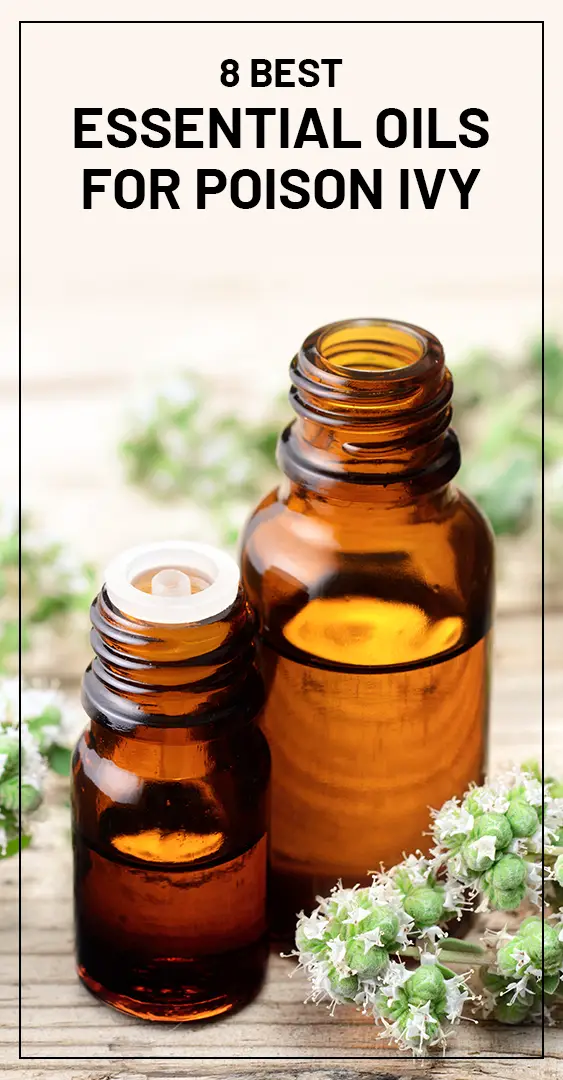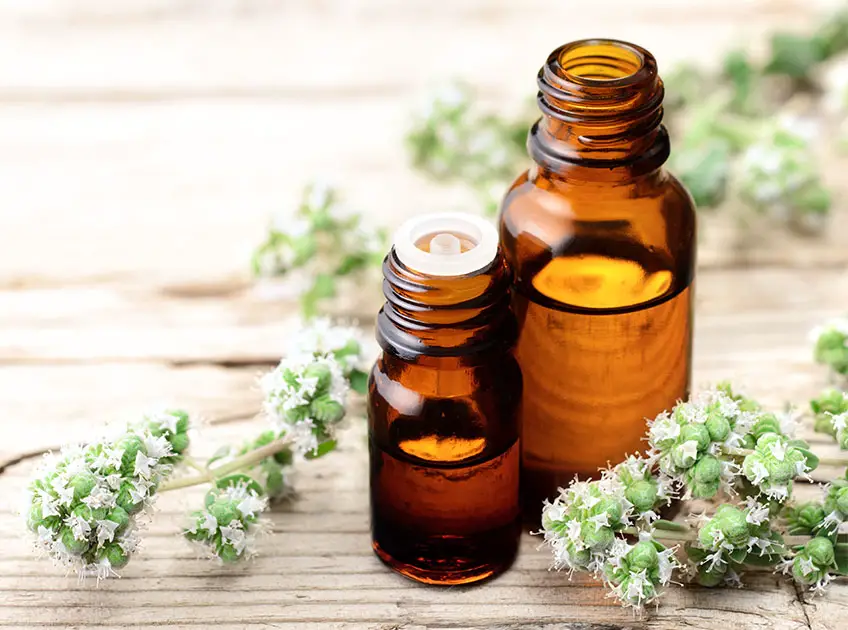
Important: This article is for informational purposes only. Please read our full disclaimer for more details.
Poison ivy is a common plant that can cause a very uncomfortable rash. The good news is that there are some essential oils that can help to ease the itch and irritation associated with poison ivy.
What Are The Symptoms of Poison Ivy?
The most common symptom of poison ivy is an itchy, red rash. The rash is caused by an allergic reaction to the oil found in the plant. Poison ivy can cause a burning sensation and can be very uncomfortable.
How to Identify Poison Ivy?
Poison ivy typically has three leaves that are slightly toothed. The leaves are green in the spring and summer, but can turn red or orange in the fall. Poison ivy can grow as a vine or shrub, and can be found in wooded areas or near streams.
How Do I Use Essential Oils for Poison Ivy?
There are a few different ways that you can use essential oils for poison ivy. You can add a few drops of oil to a cotton ball and apply it to the affected area. You can also add a few drops of oil to your bathwater or make a compress by soaking a cloth in a mixture of water and essential oil.
What Are The Best Essential Oils for Poison Ivy?
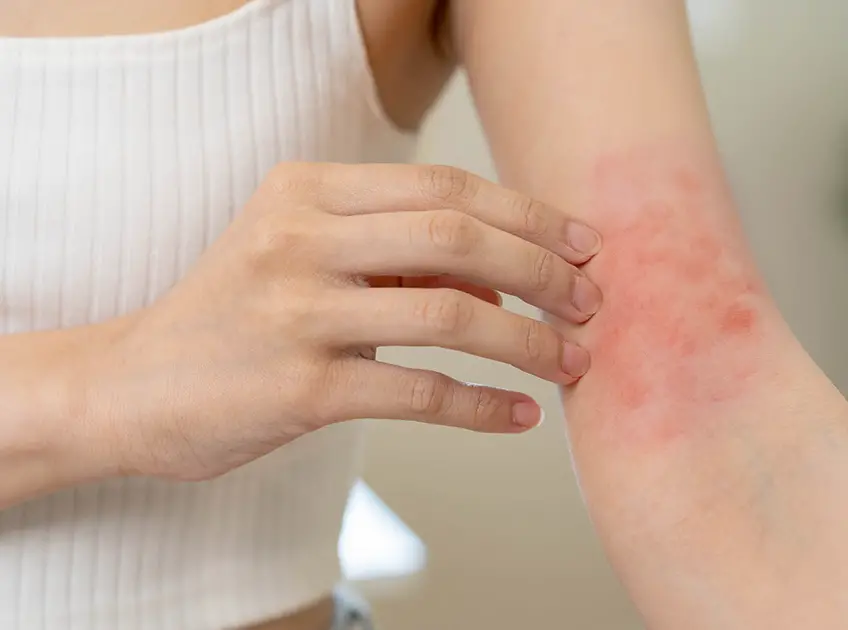
There are several essential oils that can be helpful in treating poison ivy. Lavender oil is a good choice because it has anti-inflammatory properties and can help to soothe the skin. Tea tree oil is another option because it has natural antiseptic properties and can help to heal the skin. Chamomile oil is also a good choice because it has soothing properties.
[ Recommended: Home Remedies for Poison Ivy ]
1. Peppermint Oil
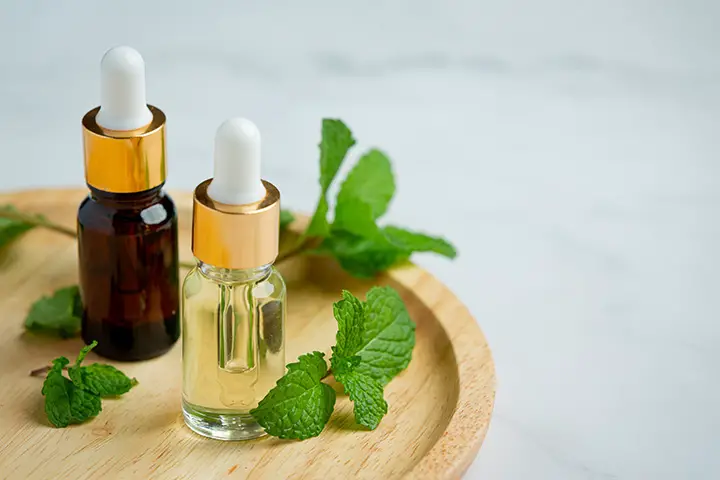
Peppermint oil is known for its cooling and refreshing properties. It also has anti-inflammatory qualities that make it ideal for treating poison ivy. Simply apply a few drops of peppermint oil to the affected area and let it dry. You can also add a few drops of peppermint oil to your bath water to help soothe your skin. [1]
[ Recommended: How to use Baking Soda for Poison Oak ]
2. Lavender Oil
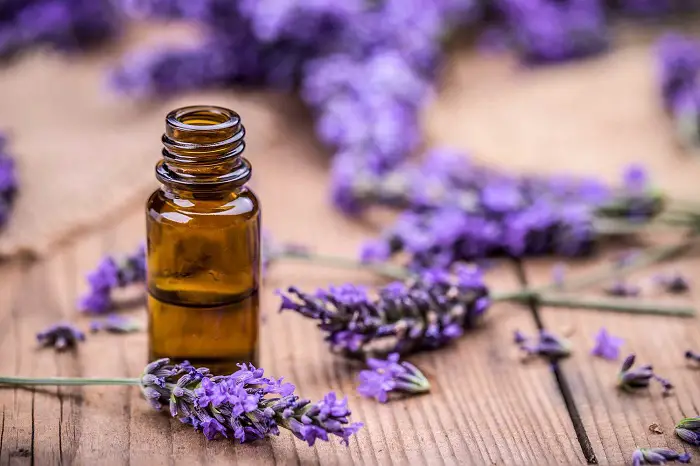
Lavender oil is another excellent essential oil for treating poison ivy. It has both anti-inflammatory and antiseptic properties. Apply a few drops of lavender oil to the affected area and let it dry. You can also add a few drops of lavender oil to your bath water or make a compress by soaking a cloth in a mixture of water and lavender oil.
[ Recommended: Home Remedies for Mosquito Bites ]
3. Chamomile Oil
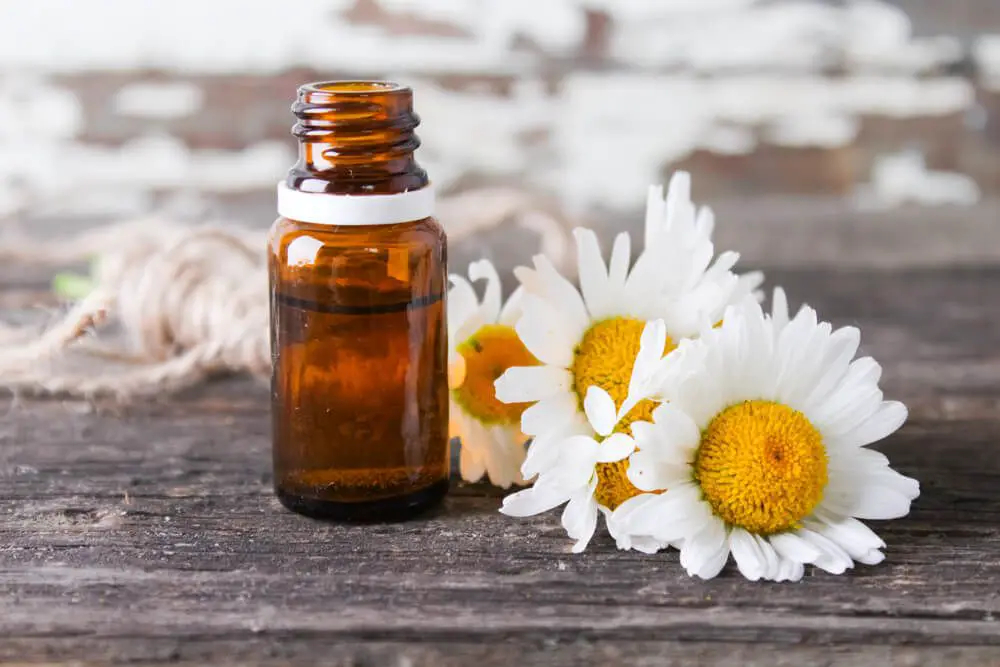
Chamomile oil is a good choice for treating poison ivy because it has soothing properties. Apply a few drops of chamomile oil to the affected area and let it dry. Simply make a mixture of water and chamomile oil and apply it to the affected area with a cloth. [2]
[ Recommended: Essential Oils For Itchy Bug Bite Relief ]
4. Juniper Berry Oil
Juniper berry oil is an excellent essential oil for treating poison ivy. It has natural antiseptic properties that can help to heal the skin.
To use this, just mix a few drops of juniper berry oil with water and apply it to the affected area with a cloth. You can also add a few drops of juniper berry oil to your bath water. [3]
5. Tea Tree Oil

Tea tree oil is a good choice for treating poison ivy because it has natural antiseptic properties. Simply apply a few drops of tea tree oil to the affected area and let it dry. You can also add a few drops of tea tree oil to your bath water or make a compress by soaking a cloth in a mixture of water and tea tree oil.
[ Recommended: Home Remedies to Get Rid of Bed Bugs ]
6. Eucalyptus Oil
Eucalyptus oil is an excellent essential oil for treating poison ivy. It has both anti-inflammatory and antiseptic properties. You can use this oil by mixing it with water and applying it to the affected area with a cloth. You can also add a few drops of eucalyptus oil to your bath water.
7. Myrrh Oil
Myrrh oil is another good essential oil for treating poison ivy. It has natural antiseptic properties that can help to heal the skin. You can use this oil by mixing it with water and applying it to the affected area with a cloth. You can also add a few drops of myrrh oil to your bath. [4]
[ Recommended: Home Remedies For Mosquito Bites ]
8. Pine Oil
Pine oil is an excellent essential oil for treating poison ivy. It has both anti-inflammatory and antiseptic properties. You can use this oil by mixing it with water and applying it to the affected area with a cloth. You can also add a few drops of pine oil to your bath water. Bath soaps containing pine was shown to be effective in reducing Poison Ivy symptoms.
When to See a Doctor?
If you have a severe reaction to poison ivy, it’s important to seek medical attention. Symptoms of a severe reaction include difficulty breathing, swelling of the throat or tongue, and hives. If you experience any of these symptoms, go to the emergency room immediately. It’s also a good idea to see a doctor if you have a history of severe reactions to these plants.
How to Avoid Poison Ivy? What Are The Precautions Needed?
The best way to avoid a reaction is to stay away from these plants altogether. If you know you’re going to be in an area where they grow, wear long sleeves and pants. You can also apply a barrier cream to your skin before coming into contact with the plants.
If you do come into contact with poison ivy, oak, or sumac, wash the affected area immediately with soap and water. You can also use a commercial poison ivy cleansing pad. These pads contain chemicals that remove the oil from your skin. If you have a severe reaction, see a doctor immediately.
Poison ivy, oak, and sumac are plants that contain a substance called urushiol. This substance can cause a severe allergic reaction in some people. If you come into contact with these plants, it’s important to wash the affected area immediately with soap and water.
You can also use a commercial poison ivy cleansing pad. Try these essential oils for poison ivy if you have a reaction. If you have a severe reaction, see a doctor immediately.
Caution: Children below 12 and pregnant women should not use essential oils without consulting a physician. People with other medical conditions should also consult their doctor before using any essential oil. Always do a patch test on your skin before using any new essential oil.
Related Articles
- How to use Baking Soda for Poison Oak?
- Itchy legs when walking – Causes, Symptoms And Prevention
- Drew Barrymore – Height, Weight, Age, Movies & Family – Biography
- How to Treat Hemorrhoids with Witch Hazel?
- Does Aquaphor Clog Pores on Face?
